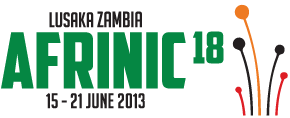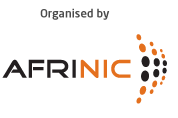 Abstract - Mobile Health: Architecture, Applications and Security. Study case: EpharmacyNet project for Benin
Abstract - Mobile Health: Architecture, Applications and Security. Study case: EpharmacyNet project for Benin Abstract - Mobile Health: Architecture, Applications and Security. Study case: EpharmacyNet project for Benin
Mobile Health represents a new field of opportunity for both services providers (like Mobile Networks Operators) and care professionals to improve efficiency of care delivery through mobile devices. After a detailed presentation of mHealth, an ongoing project in Benin will be introduced. The role of developers and content providers will also be discussed according to their necessary inputs for a success of any mHealth application in Africa.
EpharmacyNet is an adapted system approach to improve the distribution of medicine in developing countries like Benin, mainly in rural regions. This technology is designed to solve the bad accessibility of medicine in pharmacies. It is often difficult for people in rural as well as urban areas to buy all medicine on a prescription in only one pharmacy. Usually they have to try several pharmacies. We call this phenomenon "Pharmacy Tourism".
In fact, Benin suffers from the unfavorable geographic distribution or density of pharmacies. So we though about a system which can provide a real-time stock availability of each pharmacy and displays (on a mobile device) the nearest ones with all needed medicine.
The system intends to help a patient to discover available pharmacies in his area with a list of available medicine in stock. The patient can use any 2G/3G enabled device to communicate with EpharmacyNet. That system contains a localization-based database with a real time description of available stock of all pharmacies within a region. Then the system replies back to the patient's request with the pharmacies in an area of 10km of diameter that have the target list. Interactions between both parties in the mobile network can be done via USSD, SMS, and voice or data connection depending on the patient device. The system aims to provide home delivery and online payment with mobile money.
















